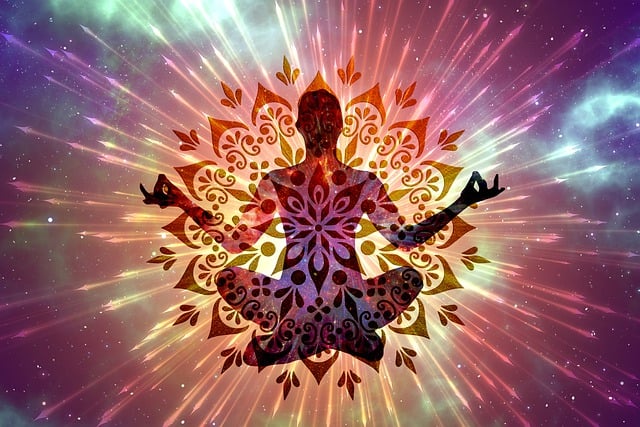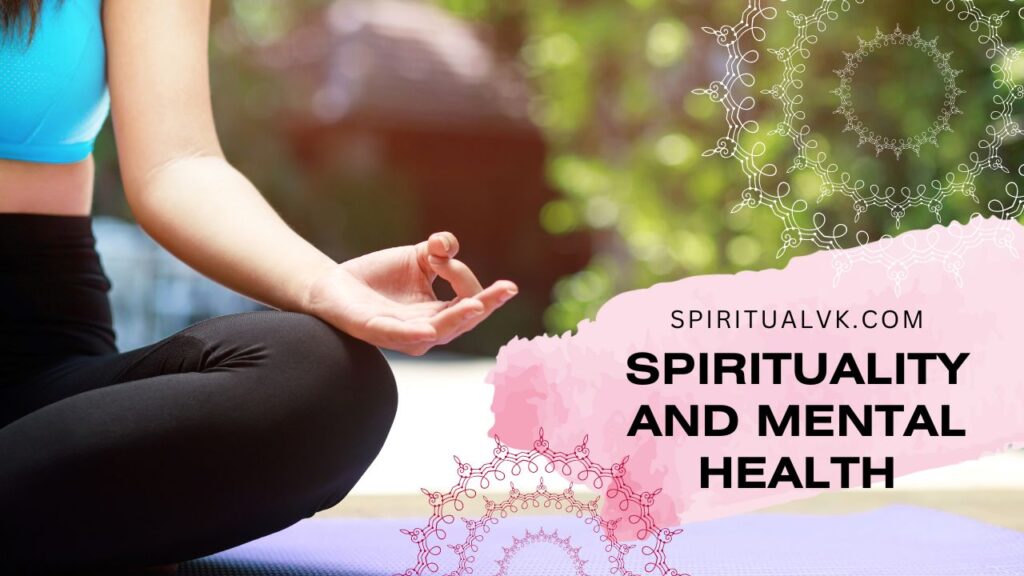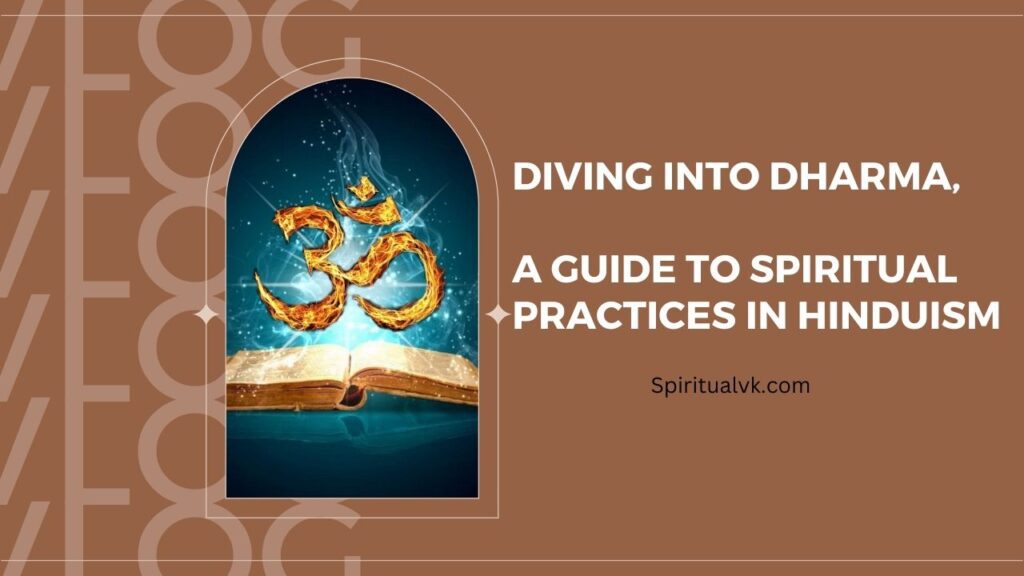Rituals have been an integral part of human experience since time immemorial. From ancient civilizations to modern societies, rituals serve as a bridge between the material and the spiritual realms, offering individuals a means to connect with something greater than themselves.
In the realm of spirituality, rituals hold profound significance, acting as symbolic acts that help individuals cultivate a deeper connection with the divine, their inner selves, and the universe at large.
This article explores the role of rituals in spiritual practice, delving into their significance, types, and the transformative power they hold.

The Significance of Rituals in Spiritual Practice
Rituals play a vital role in spiritual practice by providing a structured framework for individuals to engage in symbolic acts that evoke spiritual significance. These rituals often involve specific gestures, words, symbols, and ceremonies that have been passed down through generations or created anew by spiritual communities. By participating in rituals, individuals enter a sacred space where they can transcend the mundane and access deeper layers of consciousness.
One of the primary functions of rituals in spiritual practice is to create a sense of sacredness and reverence. Through the repetition of sacred gestures or words, rituals help individuals shift their focus from the external world to the inner realm of the spirit. This shift in consciousness allows practitioners to cultivate a heightened sense of awareness and presence, enabling them to experience moments of transcendence and connection with the divine.
Moreover, rituals serve as potent tools for transformation and personal growth. By engaging in ritualistic practices regularly, individuals can cultivate discipline, mindfulness, and intentionality in their spiritual journey. The repetitive nature of rituals instills a sense of rhythm and stability, providing practitioners with a grounding anchor amidst the chaos of daily life. This regularity fosters a deepening of spiritual insights and helps individuals navigate the ups and downs of their spiritual path with greater resilience and equanimity.

Types of Rituals in Spiritual Practice
Rituals in spiritual practice encompass a wide range of practices, each serving a specific purpose and catering to diverse spiritual traditions and beliefs. Some common types of rituals include:
- Ceremonial Rituals: These rituals often involve elaborate ceremonies, rites, and sacraments performed within religious or spiritual communities. Examples include baptism, marriage ceremonies, and rites of passage, which mark significant milestones in an individual’s spiritual journey.
- Meditation and Prayer Rituals: Meditation and prayer rituals involve the intentional cultivation of inner stillness, mindfulness, and connection with the divine. Practices such as chanting, reciting sacred texts, and silent contemplation are common forms of meditation and prayer rituals found across various spiritual traditions.
- Seasonal and Lunar Rituals: Many spiritual traditions incorporate rituals that align with the rhythms of nature, such as solstices, equinoxes, and full moon ceremonies. These rituals honor the cyclical nature of life, death, and rebirth, allowing individuals to attune themselves to the natural world and its inherent wisdom.
- Healing and Purification Rituals: Healing and purification rituals are aimed at cleansing the body, mind, and spirit of negative energies or impurities. Practices such as smudging with sage, ritual baths, and energy-clearing ceremonies are prevalent in indigenous and holistic healing traditions worldwide.
- Communal Rituals: Communal rituals bring together individuals within a spiritual community to celebrate, worship, or engage in collective acts of devotion. These rituals foster a sense of belonging, unity, and mutual support among practitioners, strengthening the bonds of community and shared spiritual values.
The Transformative Power of Rituals
Rituals possess a profound transformative power that extends beyond their symbolic significance. Through their repetitive and intentional nature, rituals have the ability to catalyze deep inner shifts and facilitate profound spiritual experiences. Here are some ways in which rituals can be transformative:
- Facilitating Presence and Mindfulness: Rituals provide a structured framework for individuals to cultivate presence and mindfulness in their spiritual practice. By engaging fully in ritualistic acts, practitioners learn to anchor themselves in the present moment, letting go of distractions and attuning themselves to the sacredness of the here and now.
- Fostering Emotional Healing and Integration: Rituals offer a safe container for individuals to explore and process their emotions, traumas, and inner wounds. Through symbolic acts of release, forgiveness, and reconciliation, practitioners can experience deep emotional healing and integration, allowing them to move forward on their spiritual journey with greater wholeness and authenticity.
- Deepening Spiritual Connection: Rituals serve as potent conduits for individuals to deepen their connection with the divine, their higher selves, and the universe at large. Through the repetition of sacred gestures and prayers, practitioners can experience moments of divine communion, mystical insights, and profound states of bliss and oneness.
- Cultivating Intention and Manifestation: Rituals provide a powerful means for individuals to set intentions, clarify their desires, and manifest their goals into reality. By infusing their rituals with clear intentionality and focused energy, practitioners can align themselves with the creative forces of the universe, thereby catalyzing the manifestation of their deepest aspirations and dreams.
Conclusion
In conclusion, rituals play a central role in spiritual practice, offering individuals a sacred space for connection, transformation, and growth. Whether through ceremonial rites, meditation practices, seasonal celebrations, or communal gatherings, rituals serve as powerful gateways to the divine and the inner realms of consciousness.
As we engage in rituals with reverence, intention, and mindfulness, we open ourselves to the profound mysteries of existence and embark on a journey of self-discovery, healing, and spiritual awakening. In the timeless dance of ritual, we find the keys to unlocking the full potential of our spiritual selves and realizing our interconnectedness with all of creation.


